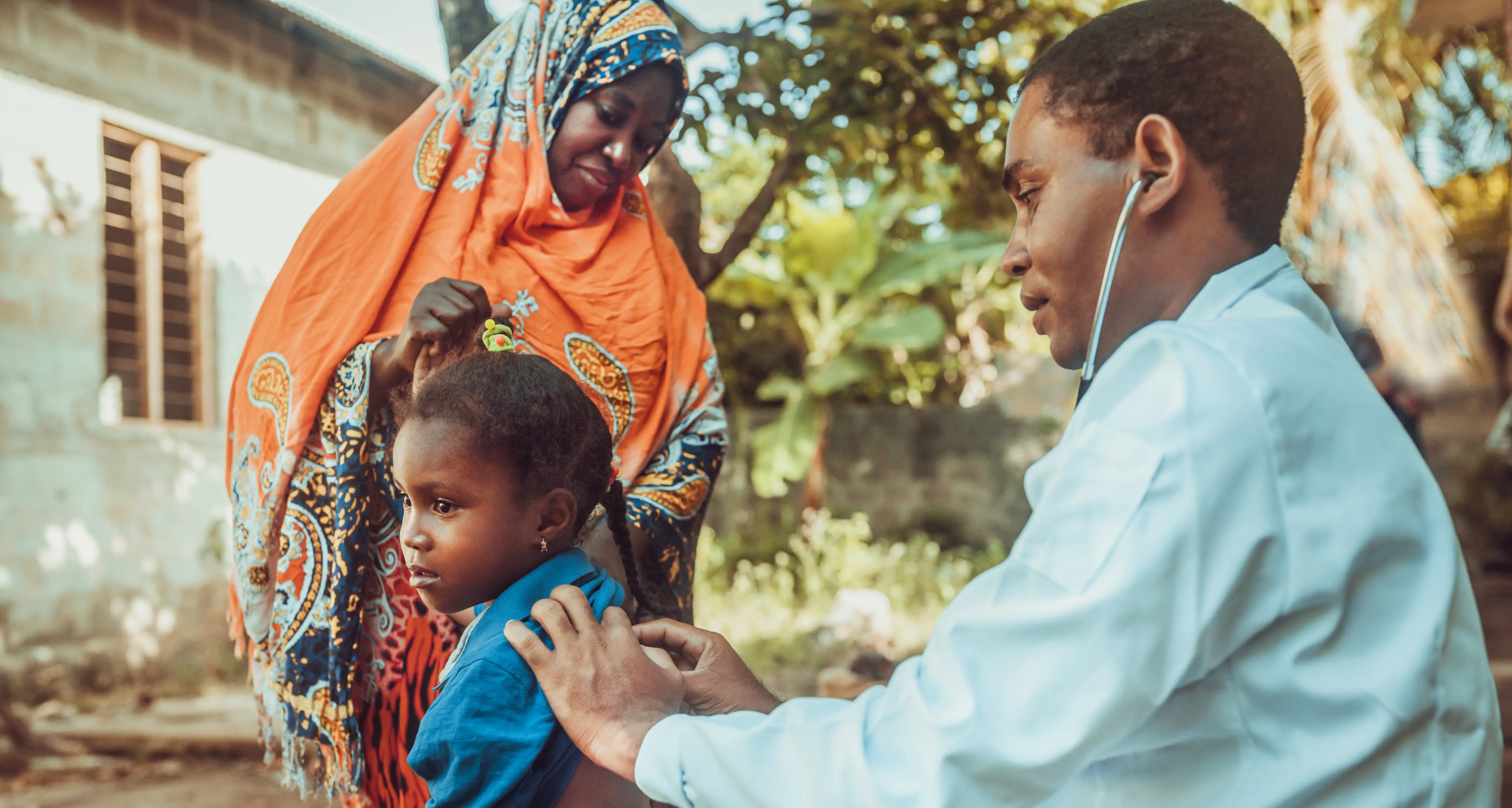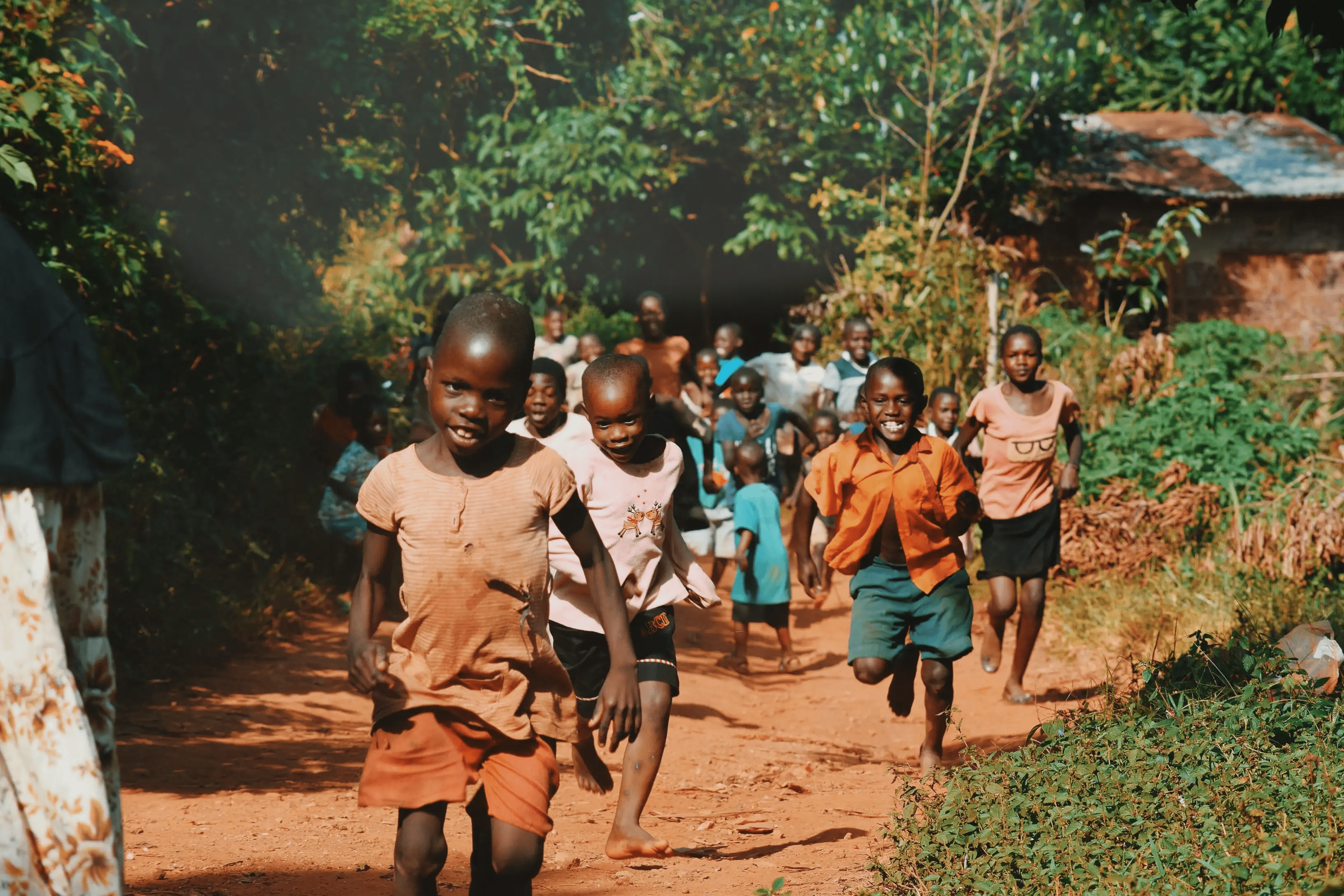The Gender Facet of Malaria
Malaria, one of the most persistent foes, continues to wreak havoc on society's vulnerable members, primarily in communities throughout the African continent. Despite significant advances, around 1500 people die each day from this disease that is preventable and curable. Malaria and other infectious diseases' vulnerability have increased because of large-scale health hazards affecting global landscapes, such as the Covid-19 pandemic.
The gender facet of malaria and other infectious diseases is one of the most influential social elements of health risks and their consequences. A lot of malaria-related amendments, donor-funded programs, and other initiatives fail to recognize the strong and crucial ties between gender dynamics and health outcomes. This disease's precarious position is further intensified by its disproportionate impact on both women and children - felt most acutely by the poor, marginalized, and rural women.
Women's work placement in mosquito-infested locations, along with poor working conditions, makes them more vulnerable to the disease. Demanding workloads can cause them to put off seeking timely treatment for themselves or their children. Women also tend to make decisions based on their limited resources and decision-making power. Malaria-related decisions, such as the usage of bed nets, tablets, access to therapies, prenatal care, etc. may be overridden by men, especially if it means requirement of resources. Due to lack of resources, women are often hesitant to seek immediate care.
Most women have little or no access to information on malaria prevention techniques, owing, in part, to lower literacy rates. Furthermore, traditional household duties such as waking before sunrise or cooking outside before nightfall put women in increased danger. As a result of societal and cultural pressures, many women are less likely to sleep under long-lasting insecticidal nets. Some of them may rely on traditional medicines as a last resort that has little or no impact.

Pregnant women top the list of risk groups in malaria-endemic areas, with a 50% greater risk of infection than non-pregnant women. Malaria during pregnancy raises the risk of low birth weight, stillbirth, premature delivery, and intrauterine death, all of which are major causes of infant mortality. Malaria-infected red blood cells are destroyed in the spleen and the placenta in pregnant women, leaving them anemic. Severe anemia increases the risk of congestive heart failure, fetal death, and maternal mortality in women.
Deprived women and children continue to endure the most malarial infection. There are still huge gaps in understanding malaria and gender-specific vulnerabilities. These gaps help exemplify where there is a need for funding, research, inventions, and other interventions. The gender facet of malaria remains severely unexplored.
Malaria exposure, diagnosis, treatment, and prevention are all influenced by gender dynamics. Addressing this growing gap and tailoring treatments suitably has become an urgent necessity. An emphasis on gender-sensitive malaria intervention is crucial, and it is about time we acted now. An investigation of the relationships between women's empowerment and malaria burden reduction reveals substantial evidence that increasing women's support over resources and household decision-making power can dramatically reduce malaria incidence and prevalence.
Although numerous studies have helped ascertain gender gaps and differences in susceptibility, programs have not been fully fine-tuned to address them in an efficient manner. Tackling gender while monitoring and evaluating malaria programs help ensure equity in access and benefits for both men and women. Gender-sensitive variables, household decision-making, access to resources, and so on may help shed light on malaria treatment and preventive trends in general. It is crucial to tailor interventions and information to various categories and allow access to treatment and prevention services based on gender-specific economic necessity.
More Updates
Subscribe to The Newsletter
Be the first to know—Get the latest news, discoveries, and impact stories that matter







